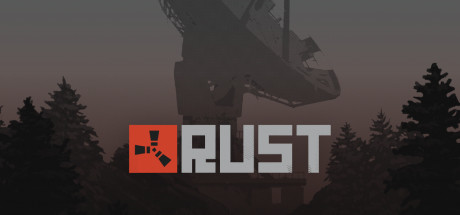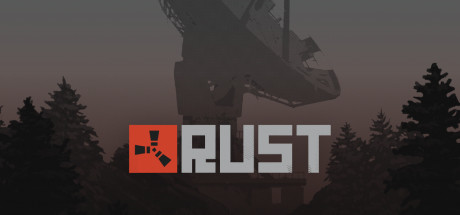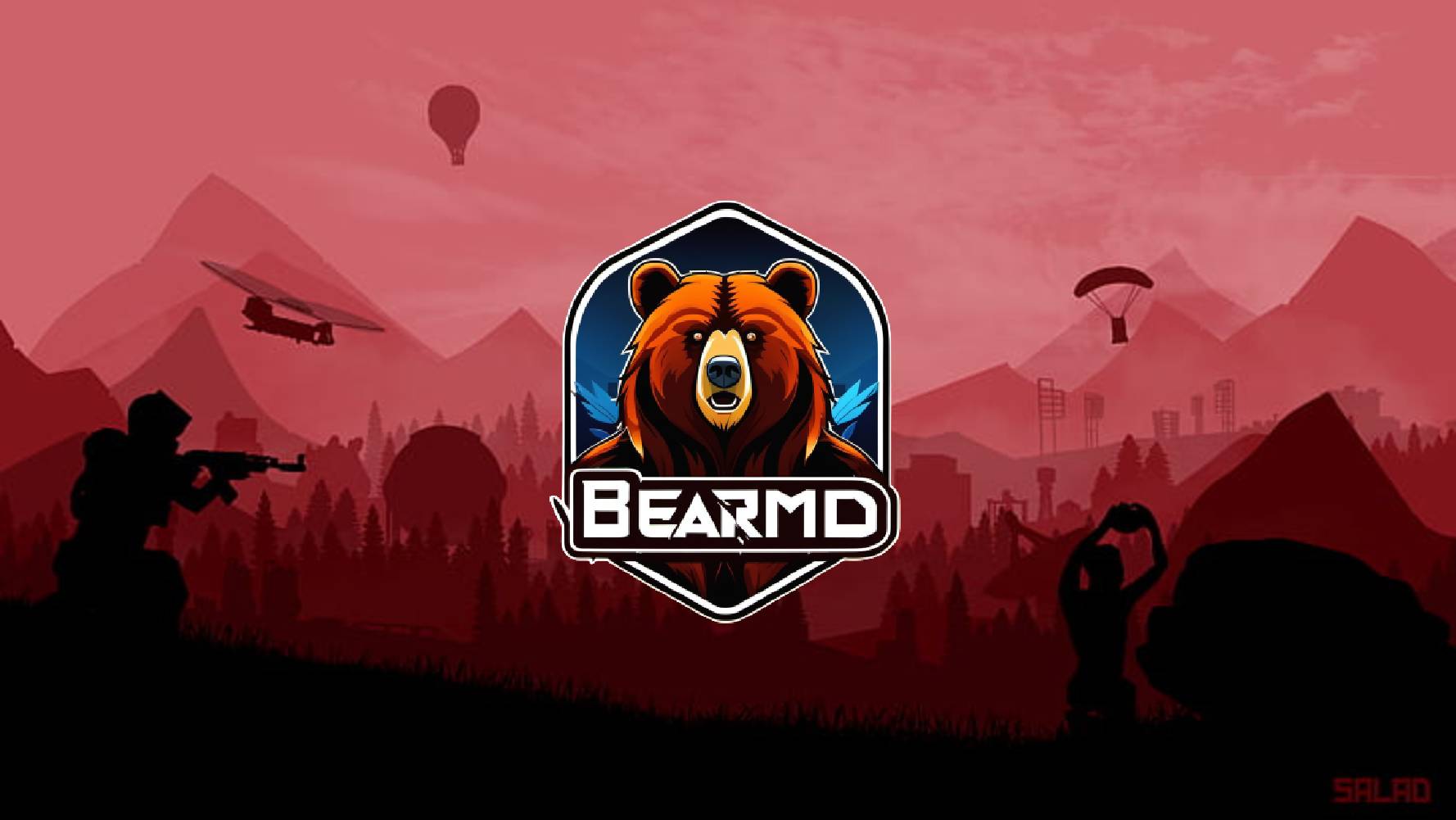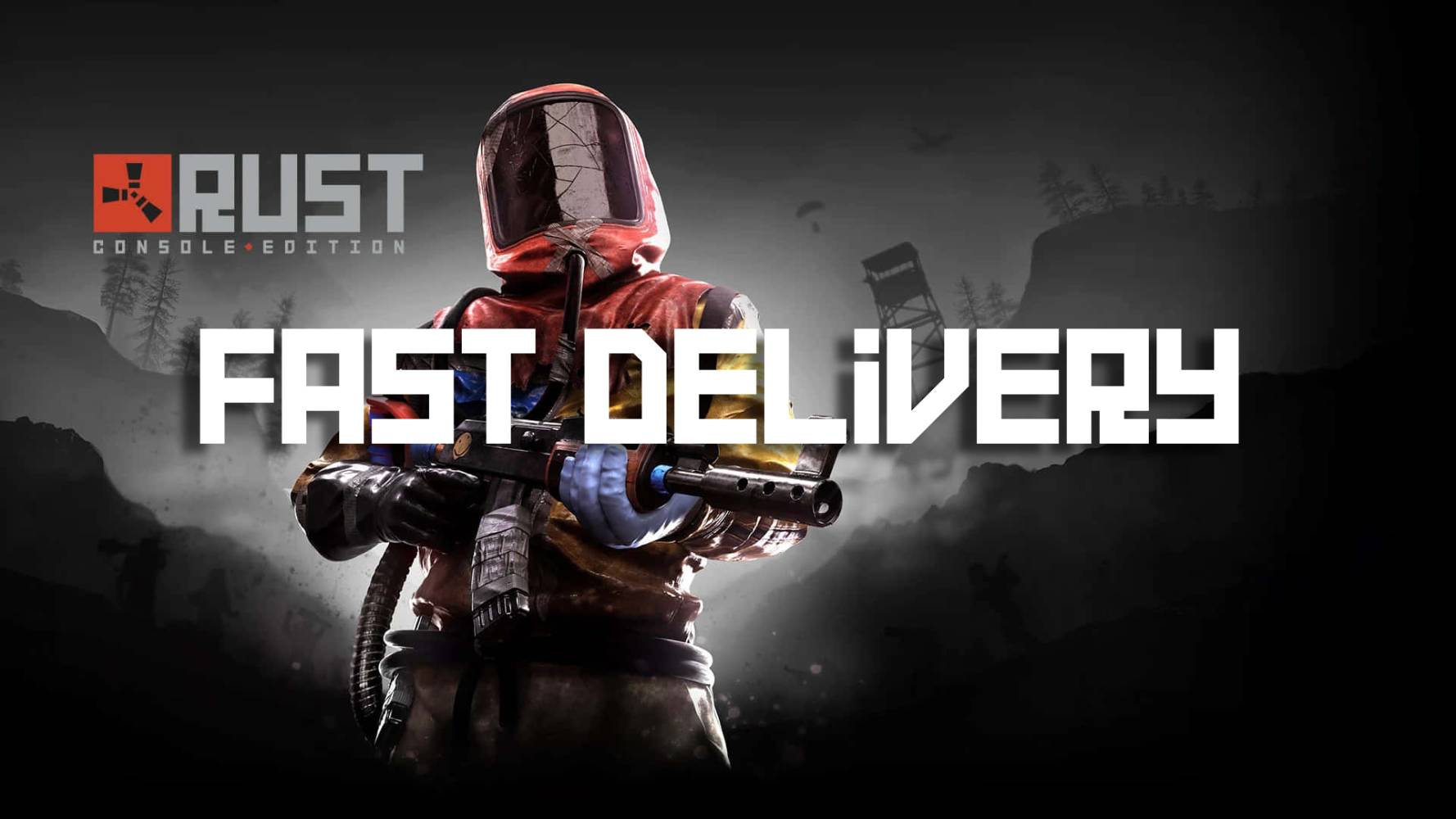Rust Trading Marketplace
Rust is an extremely popular online multiplayer survival game known for its brutal gameplay. Players start naked on beaches and must gather resources, build bases and craft weapons to survive attacks while competing for control of the island.
The deep crafting system along with extensive character and item customization options has led to a bustling player-driven marketplace where gamers buy, sell and trade rare goods for real money.
What is the Rust Marketplace?
The Rust marketplace refers to various third-party websites and services that let players exchange in-game items for real cash payment. On these platforms, Rust gamers can browse listings posted by other users to purchase valuable goods ranging from powerful weapons and armors to collectible skins and base building resources.
For buyers, the marketplace provides instant access to progress-skipping items that could take dozens or hundreds of grinding gameplay hours to obtain normally. Sellers can convert their gaming achievements into income. The sites facilitate safe player-to-player transactions.
What Rust Assets and Services can you trade on PlayersLoot?
What Do Gamers Trade on the Rust Marketplace?
The most in-demand and commonly traded Rust commodities include:
Rare Skins
Rust developers Facepunch Studios periodically release new cosmetic skin collections during limited-time in-game events, seasonal drops and Twitch promotional campaigns. Once events conclude, the special skins become extremely rare and jump in value on trading sites.
Sought-after skins like Arctic Hazmat Suit, The Joker Compound Bow and Gold Plate Bone Armor can fetch $10 to $50+ per piece from buyers looking to show off. Complete skin sets easily sell for over $100.
End Game Weapons + Armor
It can take days of looting high-level Crates and Monuments just to find some of Rust’s most potent end game guns like M249s or L96 Rifles during normal play. And crucial protection like Metal Facemasks require mass gathering metal fragments.
By purchasing these fully modded weapons, armor pieces and resource stacks from sellers, buyers can instantly hit max power on wipe day rather than slowly progressing over multiple play sessions.
Unlocked Accounts / BPs
Reaching the highest character progression tiers in Rust via XP and scrap grinding can literally take hundreds of hours for most solo players. Trading sites let gamers shortcut the slog by buying accounts with maxed stats and valuable Blueprints already unlocked.
Veteran accounts with extensive caches and rare locked content like MKII weapons access range from $50 to $500+ depending on playtime / BPs / workshop completion.
How Trading and Delivery Works ?
To ensure safe deliveries and prevent scam risks, Rust marketplaces use an order escrow system:
The buyer selects their desired purchase like a skin set or unlocked account then discusses pricing and delivery timing with the seller through the platform’s integrated messaging system before submitting payment.
With payment verified and held securely in escrow, the seller delivers purchased goods as agreed upon. For account sales, credentials get handed over to buyer permanently. Skins and item trades occur via Steam inventory transfers or in-game delivery.
After confirming successful delivery, buyers approve the release of payment from escrow to the seller minus a small commission fee for the marketplace’s facilitation services. Should any disputes arise, support teams provide assistance.
How to Sell?
Is Real Money Trading Allowed in Rust?
While Facepunch’s ToS prohibits players from selling in-game items for real cash in most situations, they tend to tolerate the player-driven skin and account trading economy as long as transactions occur fairly without scams.
The developers feel the emergent player marketplaces increase enjoyment and extend gameplay longevity for various play styles so they allow consenting gamers to exchange goods at their own risk as long as fraud remains minimal.
As a result, buyers and sellers can confidently use reputable third-party Rust trading sites to swap skins, weapons and unlocked accounts in exchange for actual money without bans.
Why Do Rust Gamers Use Marketplaces?
The main appeal of Rust marketplace sites for buyers comes down to skipping dozens or even hundreds of grind hours by purchasing the best end game gear and rarest skins rather than slowly accumulating them through normal play.
At the same time, skilled Rust experts can convert their achievements like limited-time event skin rewards and high-level blueprint grinding into real cash income instead of letting it rot unused in inventories. Dedicated farmers actively collect hot commodities specifically to sell them.
Ultimately these platforms increase enjoyment across the spectrum - from cash buyers instant-boosting their capabilities to skillful sellers profiting from their efforts.
Should You Use the Rust Player Marketplace?
Casual Rust gamers lacking sufficient playtime to grind XP / scrap for the best weapons and base items can greatly accelerate their capabilities by purchasing veteran accounts or resource bundles. You instantly unlock weeks’ worth of progress.
Collectors seeking limited-edition skins can grab discontinued sets from traders to keep their cosmetics selection complete instead of missing out forever. Expand your wardrobe.
Experienced Rust veterans sitting on stockpiles of spare loot can exchange their extra goods for money rather than letting them waste away. Put your efforts to work.



